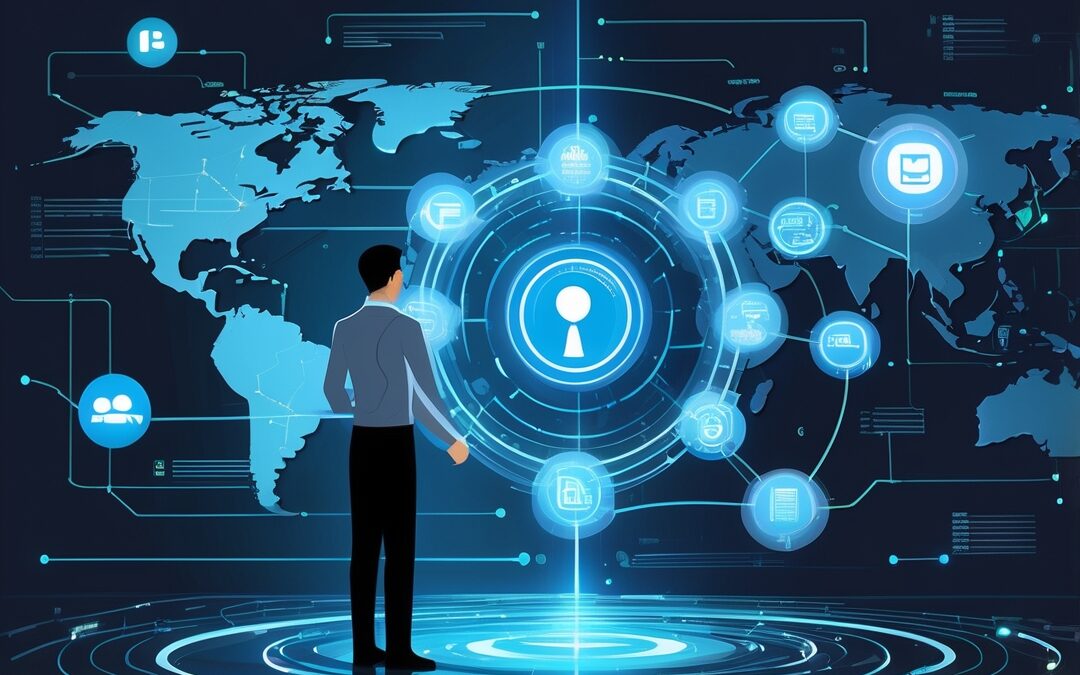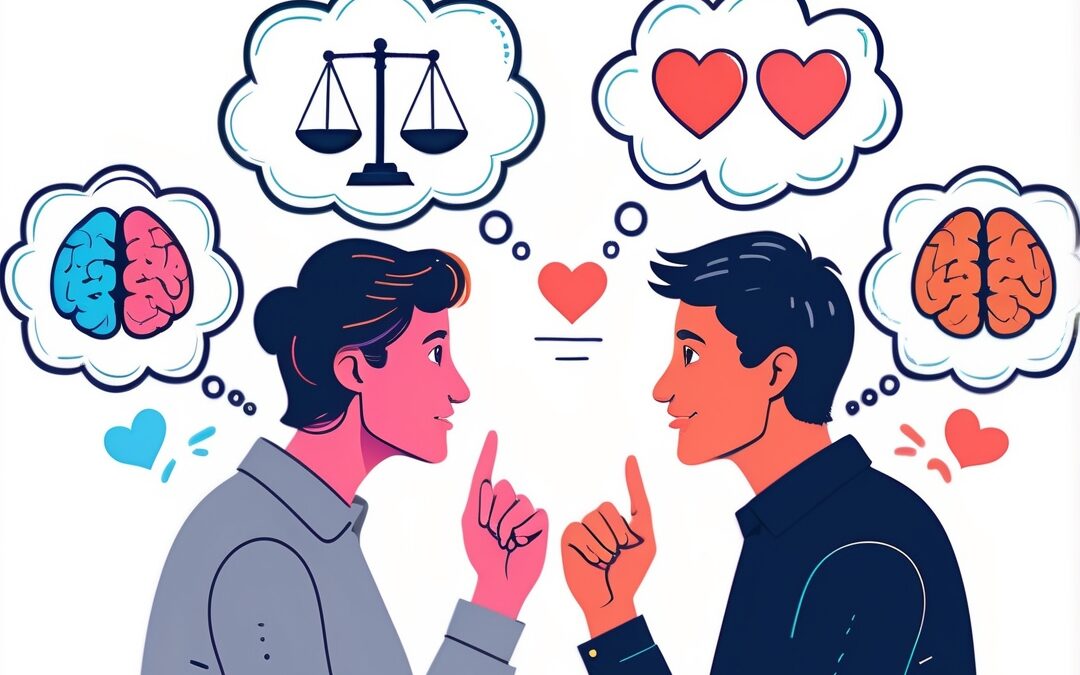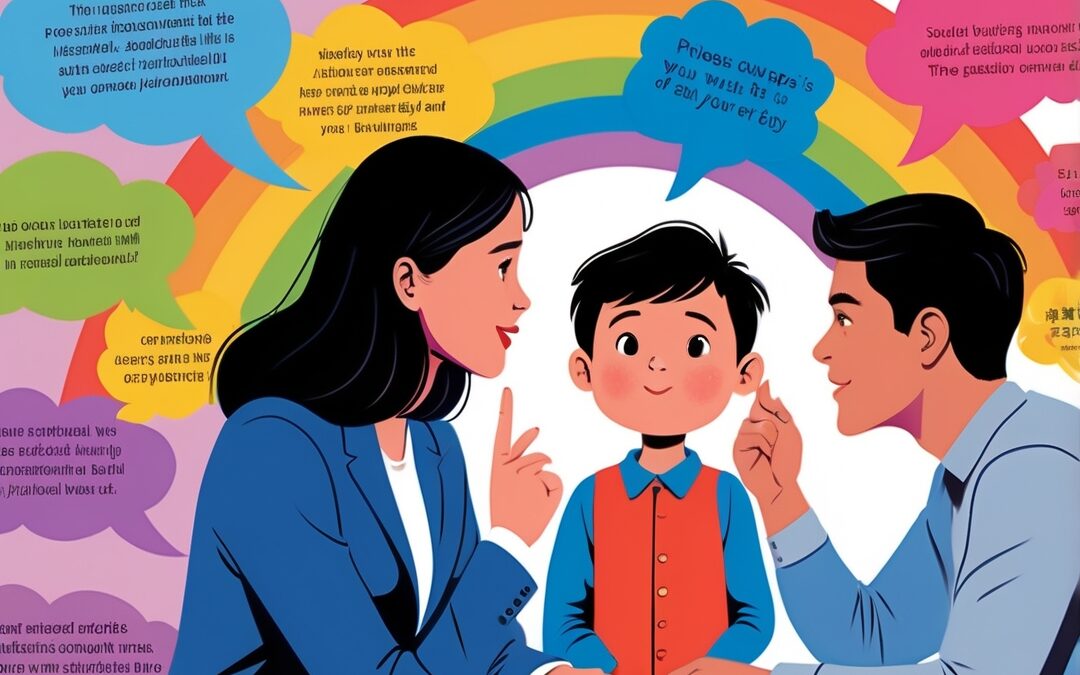
From Anger To Freedom: Your Four-Step Path
Discover how to transform anger from enemy to messenger with a simple four-step process that creates freedom between trigger and reaction. It changed my life—it can change yours too.

Discover how to transform anger from enemy to messenger with a simple four-step process that creates freedom between trigger and reaction. It changed my life—it can change yours too.

Chapter 7 tackles social anxiety with my proven PEP system, developed from personal experience. It builds on earlier concepts to rewire how your brain handles social situations.

People think being empathetic means sounding like a therapist. It doesn’t. Drop the clinical language and speak from the heart – authenticity beats perfection every time.

Most of us mistake our judgments for facts. I discovered 5 ways we disguise personal evaluations as truth while writing my book – it transformed how I communicate and connect with people.

You know that moment when someone’s upset and you want to help, but you end up making it worse? Turns out empathy isn’t about feeling what others feel – it’s about understanding their situation. Here’s the practical approach that actually works.

You don’t have to absorb everyone’s emotions to be empathetic. Learn the difference between understanding others and drowning in their feelings.

Learning empathy makes relationships harder before it makes them better. People get suspicious when you actually listen, and you’ll feel fake at first. The friction is real.

Learning empathy feels messy at first. People think you sound fake, you feel lonely giving more than you get, and the urge to quit hits hard. But that frustration means you’re doing it right.

Learn the difference between drowning in someone’s emotions and actually understanding them. Practical empathy lets you handle difficult conversations without losing yourself.

I thought empathy meant being nice. Wrong. Real empathy is emotional self-defense that works – when someone attacks you, they’re trying to get their needs heard, not hurt you.

My neighbor almost turned into an enemy over a fence dispute until I used one simple empathy technique. What happened next surprised us both and led to an unexpected friendship.

We’re in an emotional recession while AI mimics empathy perfectly but feels nothing. Real emotional intelligence is becoming your career superpower – here’s how to develop it.

Boardroom bulldozers are losing to leaders who master cognitive empathy. They understand motivations without emotional hijacking, turning adversarial negotiations into collaborative solutions.

Leaders think they’re empathetic, but their teams disagree. This “empathy gap” kills workplace culture. Learn the difference between cognitive and emotional empathy.

Most leaders think empathy means absorbing everyone’s emotions – that’s burnout waiting to happen. Cognitive empathy lets you understand without drowning in feelings.

A team member’s parting shot made me realize I was blind to what my people actually faced. Learning cognitive empathy didn’t just improve communication – it dropped my stress and boosted results.

Turned a heated political argument with my neighbor into actual conversation using one simple shift – really listening instead of preparing counterarguments. We found common ground we never knew existed.

Most leaders miss this: while you’re focused on your position, they have their own pressures driving their decisions. Learn cognitive empathy to see the whole board.




I thought empathy was weakness until my business partner betrayed me. Instead of staying angry, I tried understanding his motives. It changed everything and turned our conflict into collaboration.

My neighbor seemed mean until I discovered his garden obsession was about honoring his late wife. Chapter 16 explores how seeing the humanity in difficult people transforms conflict.


Why political talks escalate: I’ve learned disagreement isn’t failure but inevitable. The key is separating facts from values and practicing cognitive empathy—understanding others without necessarily agreeing.

Ever survived a family dinner hijacked by politics? I discovered a simple approach that transformed tense political standoffs into actual conversations – without anyone storming away from the table.

Discover how intuition can be broken down into trainable skills. Learn to detect truth through observation, emotional awareness, and understanding human needs.

By practicing deep presence, I’ve developed an intuitive ability to detect truth and lies. It’s not magic—just observation, emotional awareness, and understanding values that drive behavior.

Do you believe anyone can “make” you feel emotions? Learn how reframing our language about feelings transforms parent-teacher relationships and helps children build resilience.

Research shows teacher communication skills drive parent involvement. When this partnership works, everyone benefits. My book’s Practical Empathy Practice transforms school conflicts into opportunities for better child development.
Recent Comments